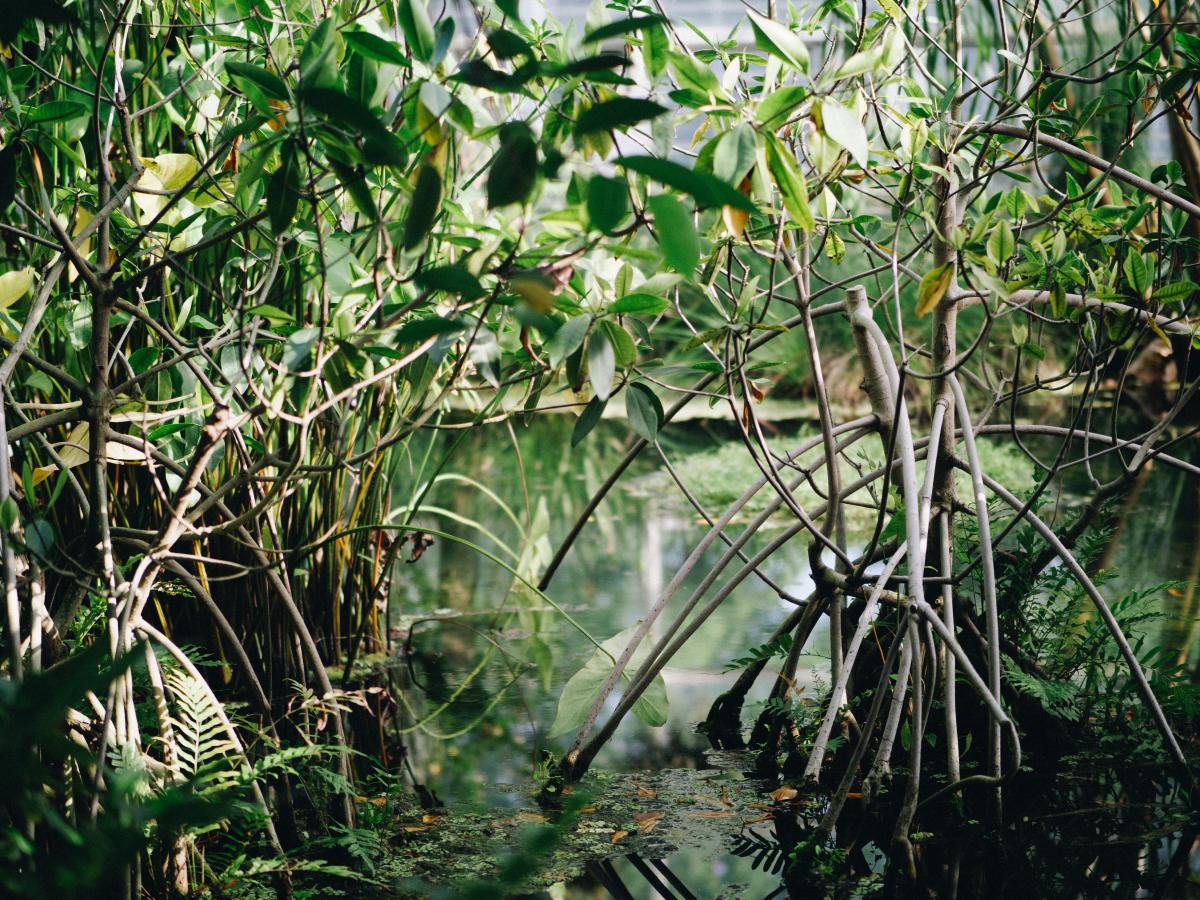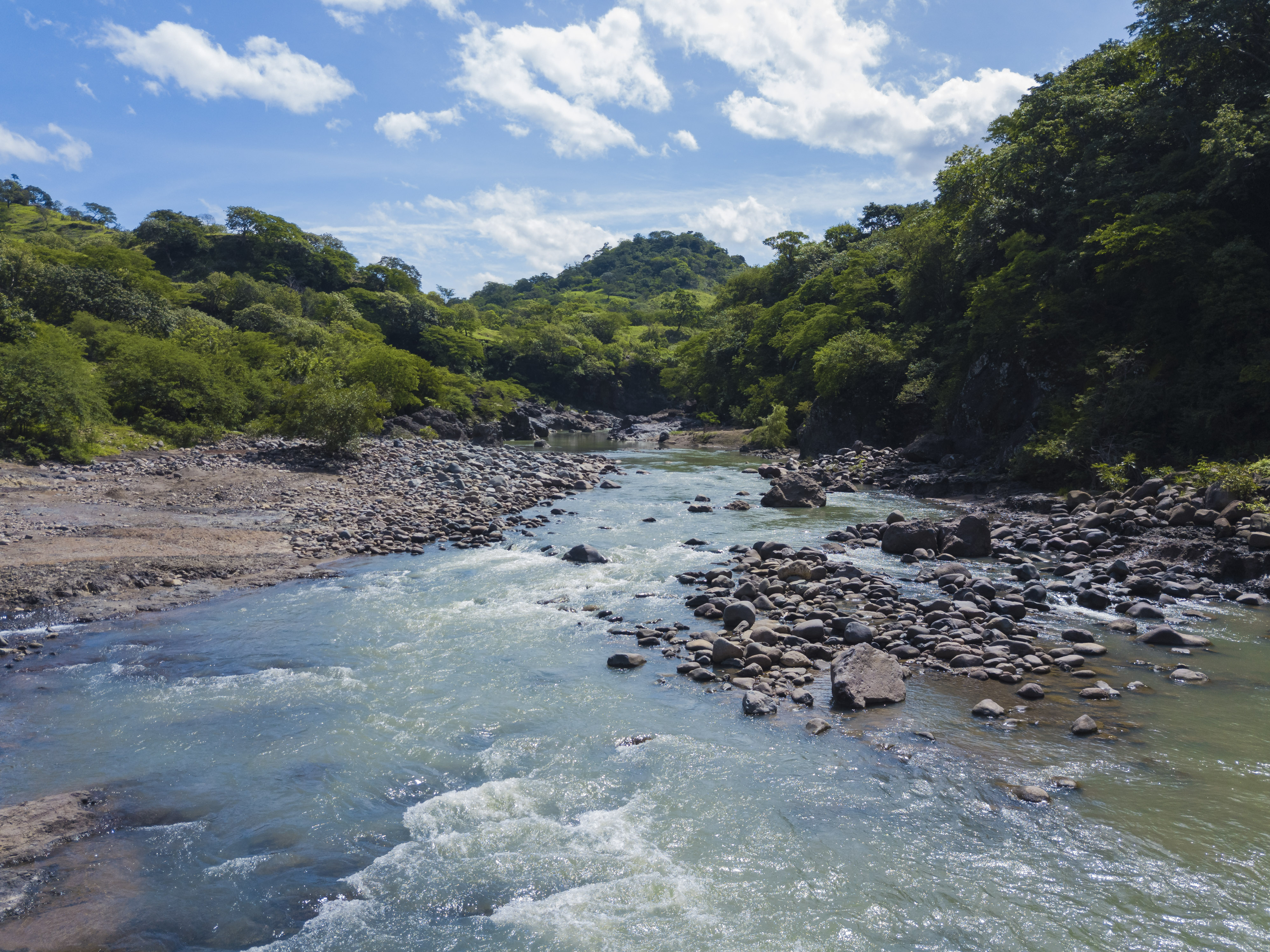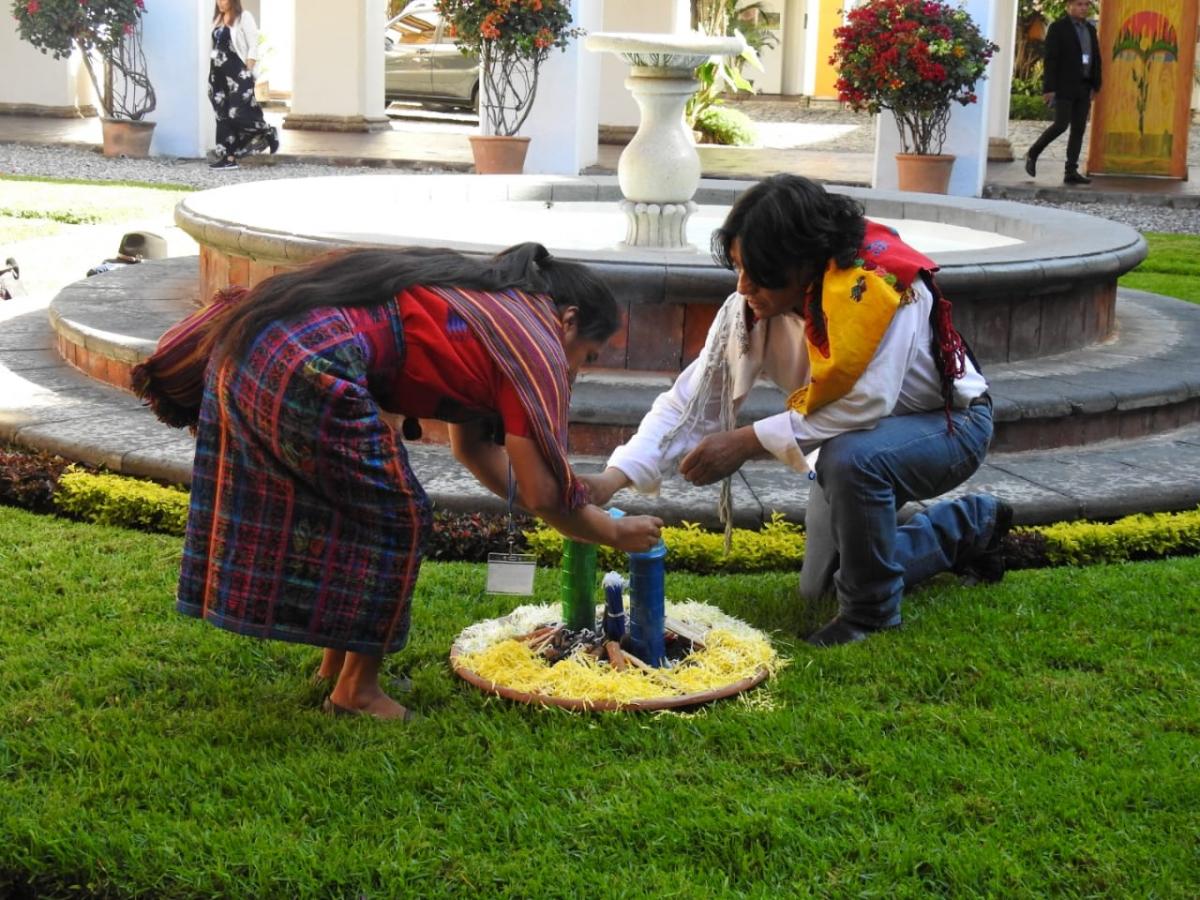Financing forest landscape restoration in Europe, Caucasus and Central Asia
Forest landscape restoration transforms degraded and deforested areas into multi-functional and healthy landscapes with the aim of bringing multiple benefits to people and nature. Countries in Europe, the Caucasus and Central Asia have committed to restore close to 3 million hectares to the Bonn Challenge that can accelerate the implementation of multiple international climate, biodiversity, and sustainable development goals and national priorities on climate-resilient and low-emission economic development.

Lagodekhi Protected Areas, Georgia
Photo: Caucasus Nature Fund
“We wish to congratulate to eight countries in Europe, the Caucasus and Central Asia who have already pledged to restore degraded and deforested landscapes at the national level. It is exciting to see such a massive early uptake and leadership for the Bonn Challenge and ECCA30 regional initiative. Our region has significant forest landscape restoration potential, and IUCN remains committed to help countries step up and operationalize their restoration efforts,” said Boris Erg, Director of the IUCN Regional Office for Eastern Europe and Central Asia.
However, the lack of funding opportunities impedes countries to take concrete actions and raise further ambition on restoring degraded and deforested landscapes across the region.
What are the options for potential forest landscape restoration financing?
In light of the current global pandemic and in the post-COVID context governments’ funding priorities will be shifting towards the economic recovery and to strengthen the health-care system. Undoubtedly, some sources of finance will be relatively hard to access for forest landscape restoration due to the budgetary constraints. The Financing Forest Landscape Restoration webinar, hosted by UNECE/FAO Forestry and Timber Section and IUCN, gathered speakers from key international institutions to share the latest insights and potential funding sources for forest landscape restoration.
The Government of Germany has been financially supporting the implementation of the Bonn Challenge and forest landscape restoration across Africa, Asia, and Latin America. On behalf of the Federal German Ministry for the Environment, Nature Conservation and Nuclear Safety, Dr Michael Krause-Besan highlighted International Climate Initiative project portfolio available through large-scale programmes and thematic/country calls.
Mr Ulrich Apel from the Global Environment Facility gave an overall picture on GEF’s restoration funding and plans to continue supporting restoration activities based on countries request and especially in support of the Bonn Challenge in GEF-8. "The Bonn Challenge pledges are important selection criteria for funding,” he stressed.
Mr Marc Dumas-Johansen from the Green Climate Fund highlighted opportunities for multi-country forest and land-use projects and programmes that can demonstrate strong climate rationale and country-driven impact potential.
Mr Stephen D. Hart from the European Investment Bank illustrated the financing opportunities for biodiversity and climate adaptation for businesses and cities using Nature-based Solutions, through its Natural Capital Financing Facility.
Financing mechanisms and sources of finance are diverse. It is key to link restoration efforts to national objectives so the targeted finance from climate, biodiversity, sustainable development, and the private sector can be accessed. “The different sources of funding could be more effectively accessed if the benefits – to biodiversity, climate, socio-economic development – are well articulated as return on investments from restoring degraded and deforested landscapes,” concluded Salome Begeladze, Senior Programme Officer of the IUCN Forest Conservation Programme.
Since 2011, the Bonn Challenge – the largest global effort to bring 150 million hectares of degraded and deforested land into restoration by 2020 and 350 million hectares by 2030 - has emerged as a unifying global restoration movement to help countries implement forest landscape restoration at scale. To accelerate forest landscape restoration implementation, ECCA30 - a regional initiative to bring 30 million hectares into restoration in Europe, Caucasus and Central Asia by 2030 - was launched in support of the Bonn Challenge during the UN Secretary-General’s Climate Action Summit in September 2019, by IUCN, UNECE, FAO, the World Resources Institute and the World Bank.
The European Green Deal and EU Biodiversity Strategy 2030 could boost current commitments and cooperation among countries as both recognize the importance of nature as vital for biodiversity, climate and economy. In addition, UN Decade of Ecosystem Restoration calls everyone to massively scale up restoration efforts across diverse ecosystems. To accelerate the implementation of restoration efforts in the region, UNECE, FAO and IUCN are currently working with the countries of Eastern and South-East Europe for the preparation of the Ministerial Roundtable on Forest Landscape Restoration and the Bonn Challenge, scheduled to be hosted by Turkey in April 2021.
“The UNECE/FAO Forestry and Timber Section is determined to support countries under the ECCA30 initiative and the Bonn Challenge by providing a platform for policy dialogue and advise and capacity building on forest landscape restoration as well as on data improvement and assessment. We look forward to organise the Ministerial Roundtable on FLR and Bonn Challenge/ECCA30 for countries of Eastern and South-East Europe and support countries of the Caucasus and Central Asia in identifying key financing means and tools of forest landscape restoration,” said Gianluca Sambucini, Chief of UNECE/FAO Forestry and Timber Section.



